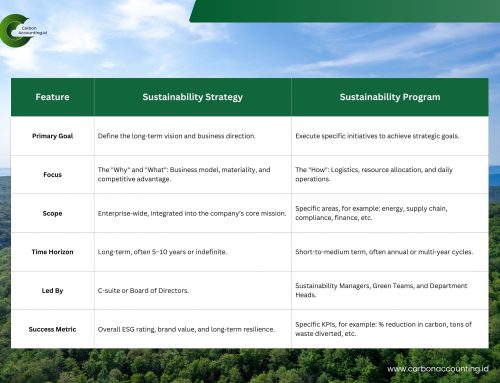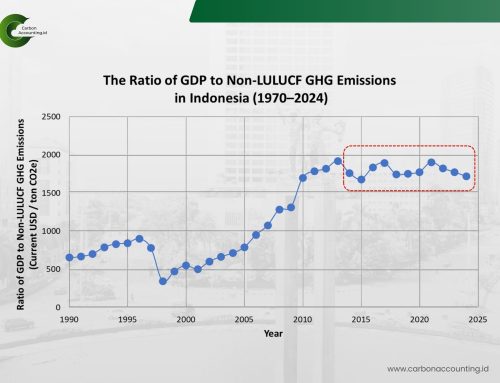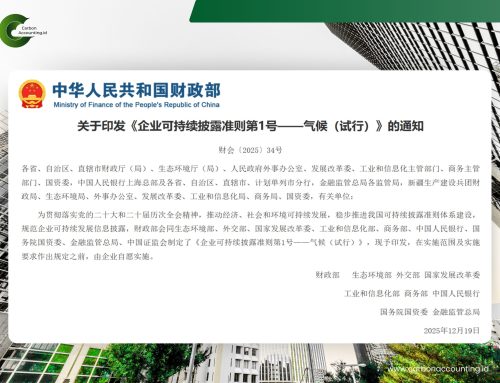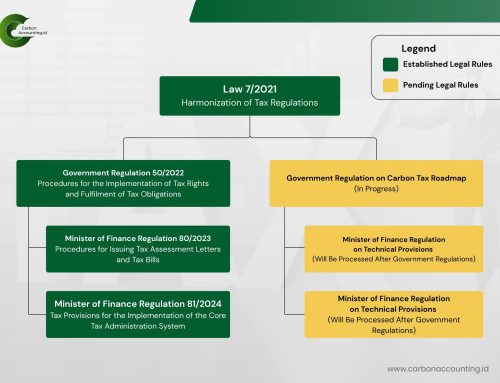Operationalizing Sustainability: Market Instruments for Indonesia’s Logistics Sector
At the Danone Hackathon 2025 on 18 June 2025, we from the Ametis Institute’s Sustainable Economy Division, represented by Dr. Rolan M. Dahlan, ST, MBA, and M. Eri Mushthofa, B.Sc., presented our work, “Research and Technology Developments for Corporate Sustainability Governance in Indonesia and Their Potential Implementation in Logistics.” Hosted by Danone Indonesia, the forum brought together practitioners and researchers focused on practical decarbonisation across supply chains. We set out how governance reforms, data systems, and financing instruments can be integrated to accelerate low-carbon logistics nationwide.
Our message was clear: sustainability governance in Indonesia is shifting from compliance to performance. We showed how clear policies, auditable metrics, and enabling digital tools can translate climate commitments into day-to-day decisions in warehousing, routing, and intermodal planning. The frameworks we highlighted align company action with national climate objectives, while safeguarding service reliability and cost efficiency.
A central theme of our talk was the portfolio of greenhouse gas (GHG) project options available through GHG Emission Offset mechanisms. Properly designed, these projects can reframe logistics from an emissions burden into a structured compensation mechanism. With robust monitoring, reporting, and verification (MRV), companies can document reductions that routine efficiency measures often fail to capture.
We reviewed transportation sector methodologies already recognised in Indonesia and underscored a pathway we are advancing: shifting freight from road to rail or ship. The evidence is consistent, modal shift can significantly cut GHG emissions thanks to superior energy efficiency per tonne-kilometre and reduced congestion externalities. With appropriate baselines and verification protocols, operators can quantify these avoided emissions and consolidate them into recognised claims.
Finally, we explained how verified reductions enable businesses to obtain a Greenhouse Gas Emission Reduction Certificate (Sertifikat Pengurangan Emisi Gas Rumah Kaca, SPE-GRK), a market instrument that converts quantified reductions into a tradable asset. Beyond supporting national decarbonisation targets, SPE-GRK creates a potential new revenue stream, improving project bankability and encouraging sustained investment in Indonesia’s low-carbon logistics.
Operationalizing Sustainability: Market Instruments for Indonesia’s Logistics Sector
At the Danone Hackathon 2025 on 18 June 2025, we from the Ametis Institute’s Sustainable Economy Division, represented by Dr. Rolan M. Dahlan, ST, MBA, and M. Eri Mushthofa, B.Sc., presented our work, “Research and Technology Developments for Corporate Sustainability Governance in Indonesia and Their Potential Implementation in Logistics.” Hosted by Danone Indonesia, the forum brought together practitioners and researchers focused on practical decarbonisation across supply chains. We set out how governance reforms, data systems, and financing instruments can be integrated to accelerate low-carbon logistics nationwide.
Our message was clear: sustainability governance in Indonesia is shifting from compliance to performance. We showed how clear policies, auditable metrics, and enabling digital tools can translate climate commitments into day-to-day decisions in warehousing, routing, and intermodal planning. The frameworks we highlighted align company action with national climate objectives, while safeguarding service reliability and cost efficiency.
A central theme of our talk was the portfolio of greenhouse gas (GHG) project options available through GHG Emission Offset mechanisms. Properly designed, these projects can reframe logistics from an emissions burden into a structured compensation mechanism. With robust monitoring, reporting, and verification (MRV), companies can document reductions that routine efficiency measures often fail to capture.
We reviewed transportation sector methodologies already recognised in Indonesia and underscored a pathway we are advancing: shifting freight from road to rail or ship. The evidence is consistent, modal shift can significantly cut GHG emissions thanks to superior energy efficiency per tonne-kilometre and reduced congestion externalities. With appropriate baselines and verification protocols, operators can quantify these avoided emissions and consolidate them into recognised claims.
Finally, we explained how verified reductions enable businesses to obtain a Greenhouse Gas Emission Reduction Certificate (Sertifikat Pengurangan Emisi Gas Rumah Kaca, SPE-GRK), a market instrument that converts quantified reductions into a tradable asset. Beyond supporting national decarbonisation targets, SPE-GRK creates a potential new revenue stream, improving project bankability and encouraging sustained investment in Indonesia’s low-carbon logistics.








